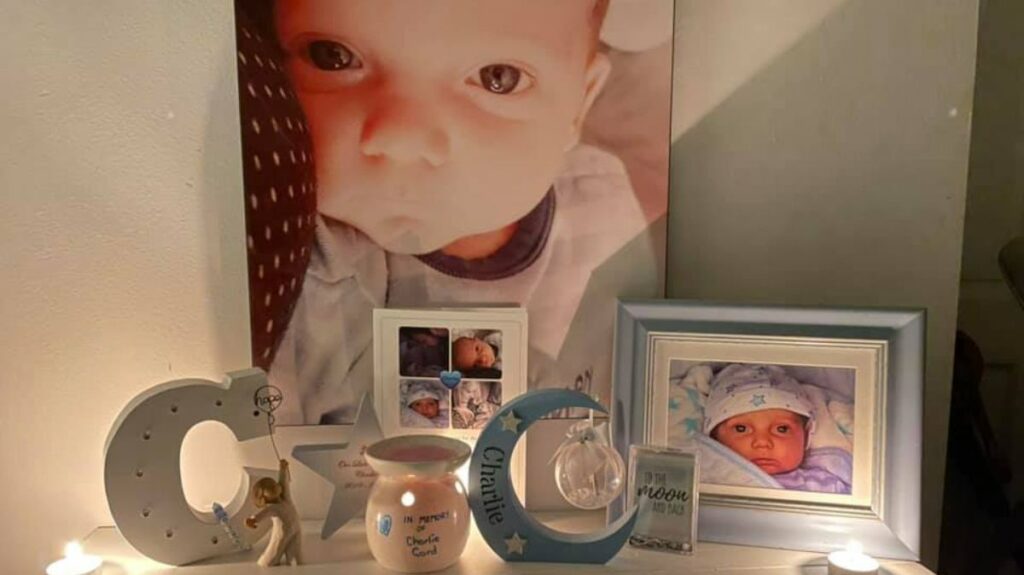The British Parliament is working on a bill that would allow seriously ill children to receive treatment abroad under an amendment called “Charlie’s Law” included in the Social Care Act.
Proposals before the House of Lords should make it easier for parents to intervene in the decisions of doctors treating their children. Measures include a new mediation system, the right to additional medical opinions and legal assistance if the outcome is an expensive court battle.
Significantly, the amendment tends to limit the power of judges to issue orders preventing parents from taking their children abroad when there is no significant health risk to the young.
If the amendment is approved, it will give some solace to the parents of little Charlie, who died in London at one in the summer of 2017, after the British High Court rejected the prospect of taking him to the United States of America in order to undergo experimental treatments.
A pain that is not forgotten
The discussion of the amendment was predictably welcomed by Chris Gard and Connie Yates, the parents. “No parent should have to deal with the unimaginable pain of losing their child, let alone the exhaustion of publicly fighting a legal battle,” the mother told the Catholic Herald .
“The emotional stress was too much,” Connie Yates added, “It was unbearable. It is critical that parents have the means to resolve disputes with the physicians responsible for their children’s care.”
“We don’t want another parent to ever again have to be involved in traumatizing legal disputes with hospitals when they should be spending time with their child, nor do we want physicians to face emotionally stressful litigation that is moreover costly to the NHS, parents and the government,” Connie concluded.
Avoid unnecessary litigation
The amendment bears the signature of Baroness Finlay of Llandaff, a professor of palliative medicine, and is expected to be included in the bill aimed at restructuring the British national health system. Baroness Finlay expressed confidence that her amendment would pass, believing that both families and the health care system would benefit.
“There couldn’t be a greater nightmare for a parent” to find themselves in Mr. and Mrs. Gard’s condition, Baroness Finlay said. Going into conflict with treating physicians, especially when the life of such a young child is at risk, ends up draining the parents’ “energy” and extinguishing their trust in the medical team.
“In today’s world,” Finlay continued, “we know that our clinical services are already overwhelmed, even in the absence of complex legal cases. So, a lawsuit can prove incredibly costly to the health care system, as well as the family.”
The Finlay Amendment proposes “independent mediation that is acceptable to both parties and offered promptly when conflicts arise.” Although the amendment does not provide that parents can request an intervention if doctors deem it unnecessary, Baroness Finlay noted that “some therapies turn out not to bring benefits, even when administered with the best of intentions, so it is important that there is no evidence of significant harm.”
The solution put forward in the House of Lords aims, therefore, to avoid legal battles as much as possible. “After all,” Finlay explained, “parents want to know that they tried everything they could and that nothing was overlooked: they carry the memory of their child’s illness with them for the rest of their lives, a memory that is easily tainted by legal conflicts.
